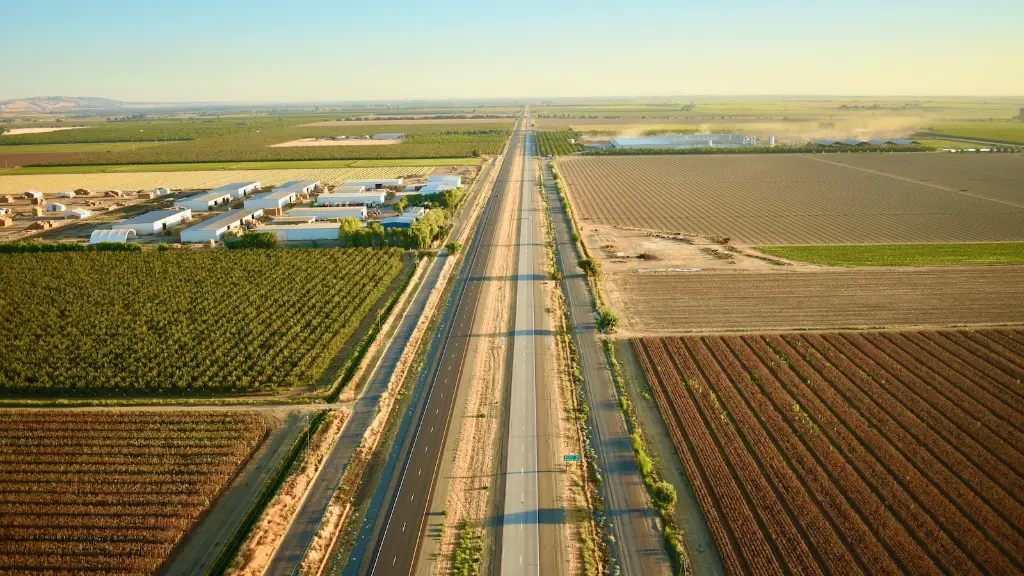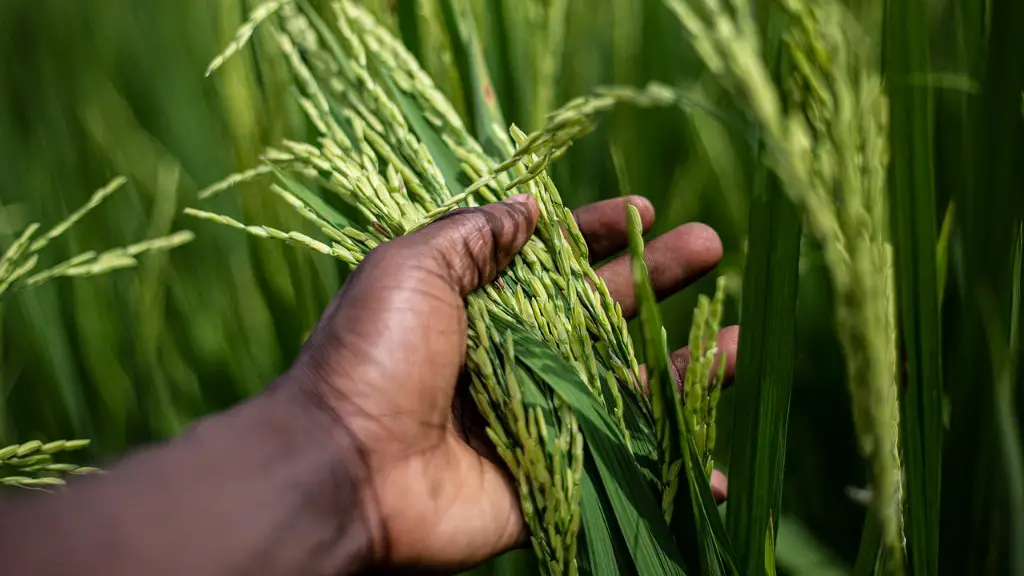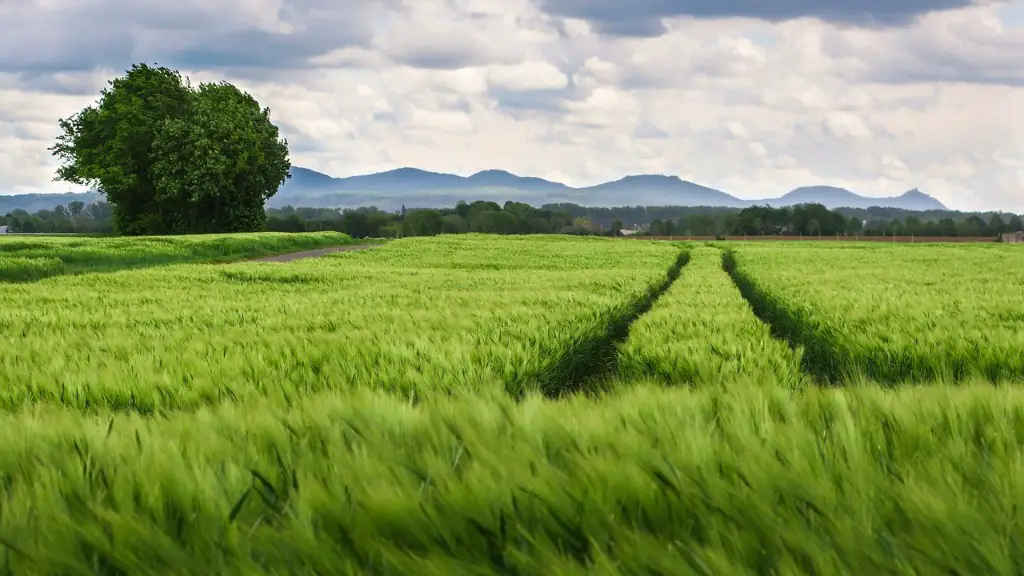Safety is one of the most important aspects of agricultural production and it is essential to consider the risks associated with the industry. By understanding the potential hazards and addressing them in a proactive manner, agricultural workers can reduce their chances of injury or worse. Here’s why safety is so important in agriculture:
Firstly, agriculture is still a hazardous industry. The machinery and tools used in the production of crops can cause physical injuries, and long-term exposure to certain pesticides and fertilizers can result in health problems. Moreover, working with livestock can be unsafe as well due to unpredictable behavior. Controlling these risks is essential for the health and wellbeing of the employees.
Secondly, farmers need to be mindful of environmental hazards. Agricultural runoff can cause pollution of water sources, which can lead to health risks for those who consume the water or the food that is grown in those areas. It is important for farmers to take necessary measures to minimize the impact of agricultural production on the environment.
Thirdly, safety protocols help to reduce the amount of waste that is created as a result of agricultural production. By properly disposing of hazardous materials and making sure that farming tools and equipment are secure, farmers can make sure that these materials are not released into the environment. This helps to protect both the workers and the environment, making safety protocols an essential part of agricultural production.
Fourthly, agricultural safety protocols protect the health of both workers and consumers. By regularly inspecting tools and equipment, farmers can ensure that they are safe to use, reducing the chances of injury or illness. Furthermore, putting in place strategies for safe food handling can help to prevent food-borne illnesses, protecting the health of those who consume the food.
Preventing Accidents
Safety measures should also be taken to reduce the risk of accidents in the workplace. This includes proper training of employees and clear safety guidelines, as well as making sure that all tools and equipment are maintained in good working order. Moreover, regular inspections of the workplace can help to identify any potential hazards and address them before they cause an accident.
Ergonomics
Ergonomics are also very important in agricultural safety. By monitoring the movement of workers, taking steps to reduce fatigue, and providing proper support, farmers can reduce the likelihood of injuries resulting from strain and overexertion. In addition, proper posture and lifting techniques can help to reduce the chances of workplace accidents and injuries.
Monitoring and Training
Lastly, proper monitoring and training should be an integral part of an effective agricultural safety program. Regular monitoring can help to identify potential hazards and address them before they become serious. Furthermore, regularly training workers on the risks associated with agricultural production is important to ensure that they know how to properly handle the tools and equipment they are using in the workplace.
Safety Inspections
Safety inspections also play an important role in ensuring the safety of agricultural workers. By having regular inspections of the workplace, farmers can identify any potential hazards and address them promptly. This can help to reduce the chances of a workplace injury or accident and ensure the safety of both workers and consumers.
Use of PPE
The use of personal protective equipment (PPE) is also an important aspect of agricultural safety. By providing workers with the necessary safety gear, such as helmets, goggles, and safety boots, farmers can help to reduce the risk of injury or worse. Moreover, PPE can help to protect workers from environmental hazards, such as dust, debris, or chemicals.
Protection Of Livestock
When it comes to safety in agriculture, it is important to protect livestock as well. By taking steps to ensure their safety and well-being, farmers can reduce the risk of injury or harm to both their animals and the environment. This can be achieved by creating secure enclosures and installing fences. Moreover, proper training is essential for those who work with livestock, as it helps to make sure that they have the necessary skills to properly interact with and care for the animals.


